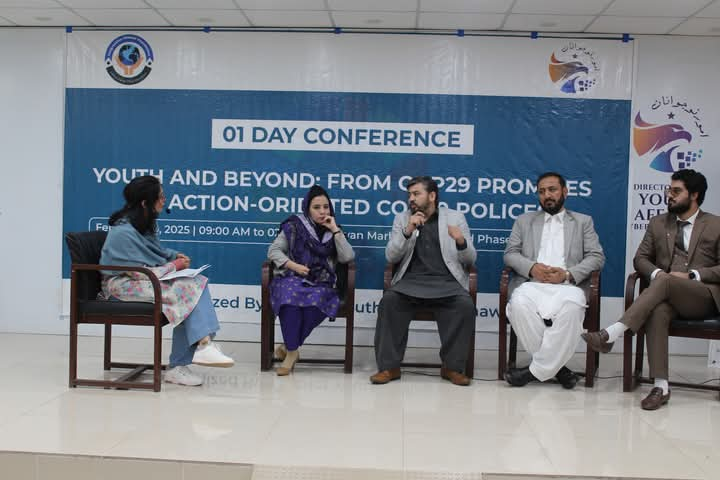
Climate change is a global crisis, but its effects are more severe in developing countries like Pakistan. Recognizing the crucial role of youth in tackling this challenge, the Directorate of Youth Affairs Khyber Pakhtunkhwa, in collaboration with the Progressive Climate Foundation, organized a one-day workshop in Peshawar.
The event brought together key figures, including Barrister Muhammad Ali Saif, spokesperson for the Khyber Pakhtunkhwa government, Minister for Social Welfare Qasim Ali Shah, young journalists, and climate change experts, to discuss practical solutions and the role of youth in environmental conservation.
Speaking at the workshop, Barrister Muhammad Ali Saif highlighted the potential of young people to become a powerful force in the fight against climate change. “If we engage the youth in this cause, we can move towards a cleaner, safer, and better future,” he stated. He emphasized that education, awareness, practical initiatives, and leadership among young people can shape the direction of climate action.
Also Read: Cycling: An Old Tradition That Needs a Comeback in Pakistan
At the one-day Climate Conference held at Jawan Markaz, Hayatabad, Peshawar, Barrister Saif stressed that climate challenges must be understood and addressed through positive and practical measures. He warned that failure to act now could result in severe consequences for future generations. Acknowledging the vital role of youth in shaping environmental policies, he urged young people to take responsibility and actively participate in climate solutions.
Discussing the environmental challenges faced by Pakistan, Dr. Saif noted that although Pakistan's contribution to global carbon emissions is minimal, it remains one of the most climate-vulnerable countries. He assured that the government is committed to supporting young environmental activists by providing platforms to amplify their voices and ideas.
Raising awareness about climate change among women is equally crucial. Journalist Khalida Niaz emphasized that female journalists can play a vital role in spreading environmental awareness, particularly through focus group discussions at the community level. “Women in villages can be educated about climate change by organizing small gatherings at homes,” she suggested.
Khalida highlighted that such initiatives could help housewives adopt sustainable practices, including water conservation and disaster preparedness in flood-prone areas. Women need to be informed about how climate change directly affects their lives and communities.
Furthermore, she pointed out that female professionals such as teachers, doctors, and lawyers can also contribute significantly to climate awareness.
Khalida stressed the need to include climate change topics in educational curricula and arrange workshops for teachers to enhance their knowledge. Additionally, she suggested engaging students in climate-related quizzes and activities to encourage learning interactively.
Educating youth about climate change is crucial in equipping them to handle its effects. Incorporating environmental topics into school and college curricula can ensure that young people learn about climate change from an early age.
With the rise of social media, young people have a powerful tool to spread climate awareness. By creating informative videos, blogs, and posts, they can influence others and shed light on how climate change is affecting their local areas. Sharing eco-friendly lifestyle tips can inspire communities to adopt sustainable practices.
Young individuals can make a difference through small but impactful daily actions, such as:
Participating in tree plantation drives, community clean-up campaigns, and environmental projects not only benefits the environment but also encourages others to take action.
Youth can pressure policymakers to implement stronger climate policies by:
Khyber Pakhtunkhwa is among the most climate-affected provinces in Pakistan. Rising global temperatures have led to unpredictable weather patterns and extreme climate events, severely impacting vulnerable regions, especially those with weak political, economic, and social structures.
The 2022 floods in Pakistan serve as a harsh reminder of the consequences of climate inaction. The disaster claimed nearly 1,700 lives and caused economic losses worth billions of dollars. Unfortunately, government efforts to tackle climate change remain insufficient, and youth interest in this critical issue is also lacking.
Addressing climate change requires collective action from governments, communities, and especially young people. With their energy, innovation, and drive for change, youth can play a pivotal role in building a sustainable future. Their voices must be heard, their efforts must be recognized, and they must be provided with the necessary resources and opportunities to contribute to this vital cause.
By working together, we can create a greener, healthier, and more resilient future for Pakistan.
2.jpeg)
1.jpeg)
09 Jul, 2025
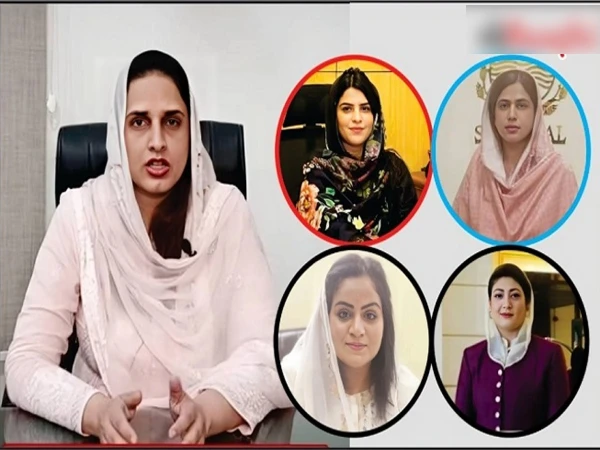
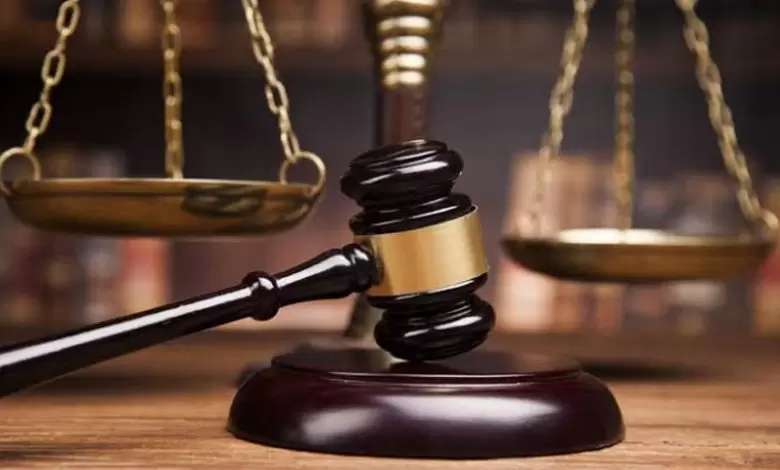
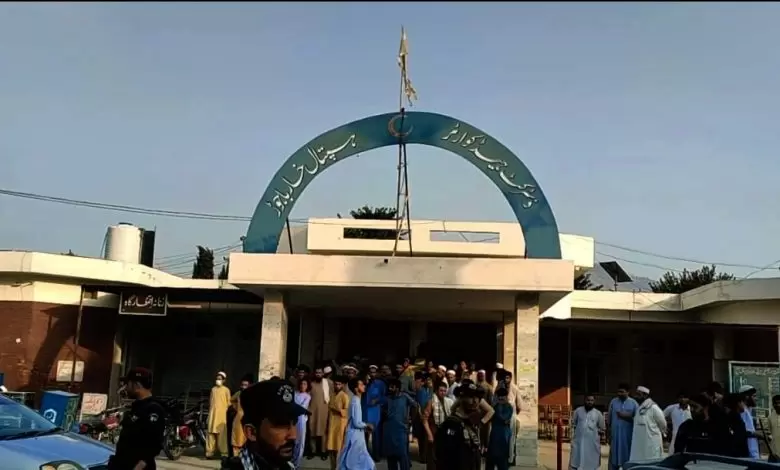
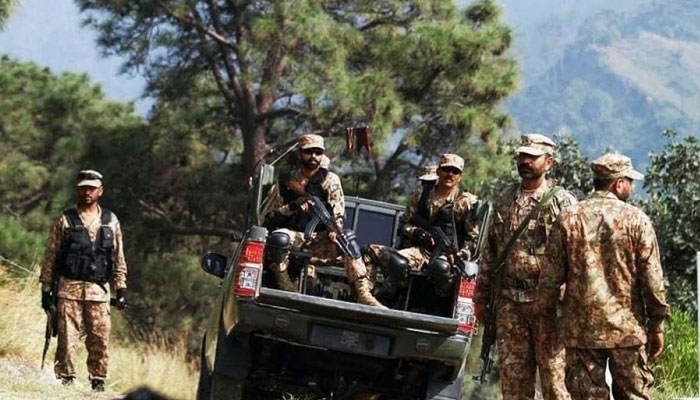

1.jpeg)
09 Jul, 2025